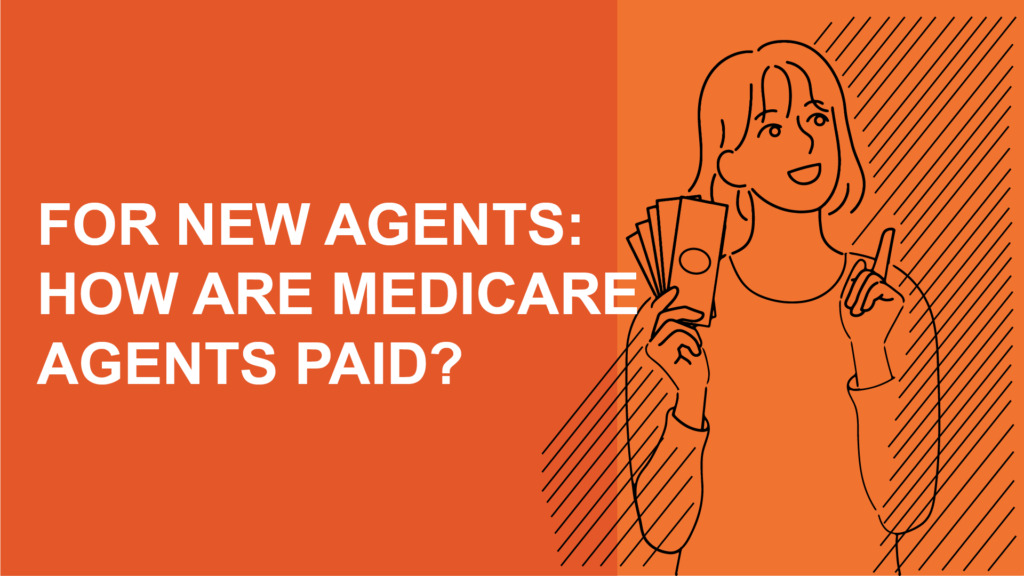Medicare agents are paid a set compensation payment by the health plan company (carrier) when a client enrolls or renews with the Medicare plan.
How Medicare Pays Carriers
The types of plans that Medicare insurance agents sell are not what we call Original Medicare, which is Part A and Part B. Those parts make up the inpatient and outpatient insurance that all beneficiaries sign up for when they enroll in Medicare. Many beneficiaries seek additional coverage because Original Medicare does not have an out-of-pocket maximum and has gaps in coverage for routine dental, vision and hearing care, prescription drugs, long term care, and more. Those plans that beneficiaries can choose from are Medicare Advantage, Medicare Part D prescription drug plans, and Medicare Supplements.
Carriers are the insurance companies who make those health plans. The carriers are paid a set amount by Medicare to handle the beneficiaries’ coverage. When Medicare insurance agents enroll clients in plans made by these carriers, the carriers give them a small amount in compensation for the enrollment. The amount they make depends on whether this is a new enrollee or renewal or if the client switches to a different plan with the same carrier.
Medicare Agents Contract with Carriers
After they become licensed to sell health insurance in their state and in any states they want to sell policies in, Medicare agents must become certified with Medicare by taking the AHIP certification test. With that proof of competence, they can work to get contracted with health insurance companies (carriers). Alternatively, agents can join a field marketing organization (FMO) for help contracting with carriers.
Once the agent is contracted, they undergo training and tests to be certified to sell specific products (plans). They can then sell those plans in the state or states where they are licensed.
Agents Receive Compensation
When a Medicare insurance agent enrolls a client in a Medicare plan, the carrier pays them with an initial compensation payment of, say, $600, for the first year of the policy. If the client stays enrolled in the same plan the next year, the carrier will send them a renewal compensation payment of half that value, which would be $300. The agent would continue to make that same amount in compensation each year that the client remains enrolled in that plan. If the client makes a “like plan type” change in enrollment with the same carrier, the agent still makes that same $300. If the client makes an “unlike plan type” change in enrollment, the carrier sends that agent the same amount as the initial compensation payment, at $600.
New agents who want to simplify the carrier process can look into FMOs. Connect with the team at Magellan Healthcare to learn more about agent support.


